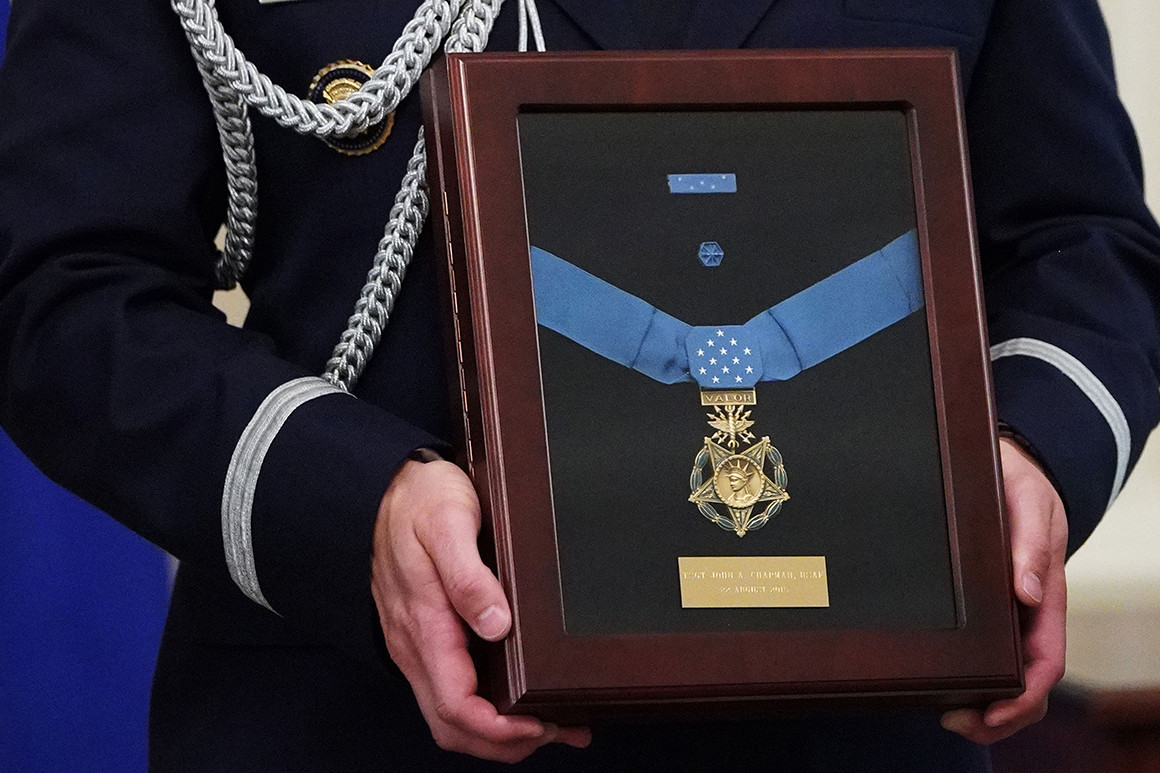The Medal of Honor (MoH) is the highest military medal a service member can earn. Created in the wake of the Civil War, the Medal of Honor is awarded to those who risk their lives above and beyond the call of duty in “actual combat” against an armed enemy of the United States.
There is a military tradition that dictates all uniformed members of the service render a salute to Medal of Honor awardees regardless of rank; this is one of the unique customs and courtesies associated with the medal. Even the most senior military officer will participate in this tradition out of respect for the sacrifices made in combat by all awardees.
- Some base facilities offer special parking spaces, plus access to on-base recreation facilities. This on-base access is normally limited to currently serving military members, retirees, and dependents with valid military ID. Those who did not retire, but separated from the military don’t have such access otherwise
- Recipients are given preferential accommodations at on-base billeting facilities, are provided with special military ID cards, plus access to on-base commissary and BX/PX privileges
- Added to the Medal of Honor Roll
- Retired pay is increased by 10%
- A special Medal of Honor pension of $1,388.68 per month above and beyond any other benefits including pensions
- A special supplemental clothing allowance of $830.56
- Free lifelong travel on DoD military aircraft as a priority “Space-A” traveler. This benefit is subject to whether seats are available, hence the “Space-A” designation.
- Priority level #1 (of 8) consideration when it comes to claims before the Department of Veterans Affairs.
- Exempt from co-payments for their medical care.
- Access to MWR retail and lodging facilities (effective Jan. 1, 2020)
- Invites to presidential inauguration events and special recognition ceremonies at the state and local level
- Some private companies offer special gifts, incentive programs, or access for Medal of Honor awardees and others receiving high military honors such as The Purple Heart. Individual programs and requirements may vary
- Surviving spouses and dependent children of Medal of Honor awardees may, depending on the state, be eligible to receive added consideration for state education benefits
- Special military burial honors including headstones with gold lettering and a nine-member team of six pallbearers, a chaplain, an officer-in-charge or noncommissioned-officer-in-charge and a bugler.
- A variety of non-military benefits. Those include special license plates, licenses, and ID cards with application requirements and availability varying by state
- Interment at Arlington National Cemetery, if not already eligible
- Children of awardees are offered automatic appointment to any military service academy they are qualified to enter, without regard to nomination or quota regulations. Normally, a nomination is required to enter a military academy such as West Point, and there is a rigorous screening process





